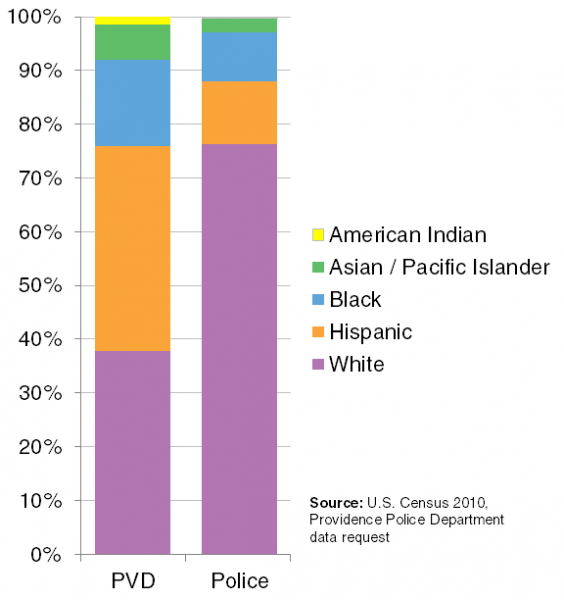 Deborah Gist came to Rhode Island guns blazing. She now seems destined to head west, to her hometown in the heartland. But she isn’t exactly riding off into the sunset. Gist is leaving her high-profile post as the state commissioner of education to become the superintendent of schools in Tulsa, Oklahoma.
Deborah Gist came to Rhode Island guns blazing. She now seems destined to head west, to her hometown in the heartland. But she isn’t exactly riding off into the sunset. Gist is leaving her high-profile post as the state commissioner of education to become the superintendent of schools in Tulsa, Oklahoma.
Recruited by union-bashers, Gist came to Rhode Island to take on the so-called status quo. And took it on she did. She supported mass teacher firings, she pushed hard for more charter schools and a new teacher evaluation system and she defended rigorously high stakes testing. A protege of Michelle Rhee, a student of Eli Broad and a member of Jeb Bush’s Chiefs for Change, Gist is a card-carrying member of the anti-union, so-called education reform movement.
Early in her tenure she seemed somewhat unstoppable. In 2010, she was named to Time magazine’s 100 most influential people in the world list – how many Tulsa school district employees can say that? But while the world celebrated her, she never made many allies locally. Teachers, bureaucrats and colleagues – not just labor unions – never warmed up to her and even upper management at RIDE often complained quietly about her stern management style as rank and file teachers did so more publicly.
Ultimately, of these four ed reform objectives, only charter schools flourished under Gist. There were 13 in 2009 and now there are 24 in Rhode Island. Mass teacher firings, as Angel Taveras learned the hard way, became a third rail in Rhode Island politics. High stakes tests were slated to be implemented last year, an initiative put into place before Gist came to RI, and during her tenure they were delayed several more years in spite of her strong support. Her U Penn doctoral thesis was based on her efforts to implement a statewide teacher evaluation system in Rhode Island, but like high stakes graduation requirements, this too was blocked by the General Assembly.
On the issues that seemed to matter most to Gist, she did not fare well. But aside from these high-profile issues, public education got a lot better during Deborah Gist’s time in Rhode Island. As much as she bears responsibility for coming up short on the ed reform agenda, she presided over much positive progressive change during her tenure.
It was under her direction that Rhode Island implemented its first ever statewide education funding formula. This reduced dramatically the politics legislative leadership was able to place on state education aid and replaced it with a more need-based system. Providence, Pawtucket and Woonsocket all got significantly more money as a result, though not enough to stave off a lawsuit from Pawtucket and Woonsocket insisting that the formula still was not equitable. It is the lack of resources in urban schools districts that plague public education in Rhode Island, not a plethora of benefits for teachers. And a fair, needs-based funding formula is the single biggest thing that can be done to reverse this inequity.
There’s plenty of evidence to suggest it’s working. Public education in Rhode Island became no less political under Gist’s leadership and organized labor didn’t seem to lose much power, but schooling did seem to become more effective for the poorest district’s in the state during her tenure.
Graduation rates increased by 25 percent in Central Falls and 24 percent in Pawtucket from 2009 to 2013; statewide all districts improved 5 percent during Gist’s time in Rhode Island. The percentage of new CCRI students who need remedial help because they didn’t know what they were supposed to have learned in high school dropped from 74 percent of all recent RI high school grads in the fall of 2009 to a much lower 62 percent in the fall of 2014.
The statewide graduation rate was 76 percent five years ago and last year 81 percent students graduated. The dropout rate was 14 percent five years ago and now its 8 percent. Both metrics – which ought be very important to progressive education activists, improved 5 percent during Gist’s tenure. The dropout rate among Black students fell 6.5 percent from 18 percent to 11.5 percent and the dropout rate for Latino students dropped 10 percent from 23 percent to 13 percent.
Deborah Gist failed at many of the ed reform initiatives she came to Rhode Island to accomplish. But in the process, she managed to preside over some successful progressive reform in that the state’s struggling urban school districts are doing better than they were before she got here.
Gist declined to be interviewed for this post, but the facts and figures were provided by RIDE.



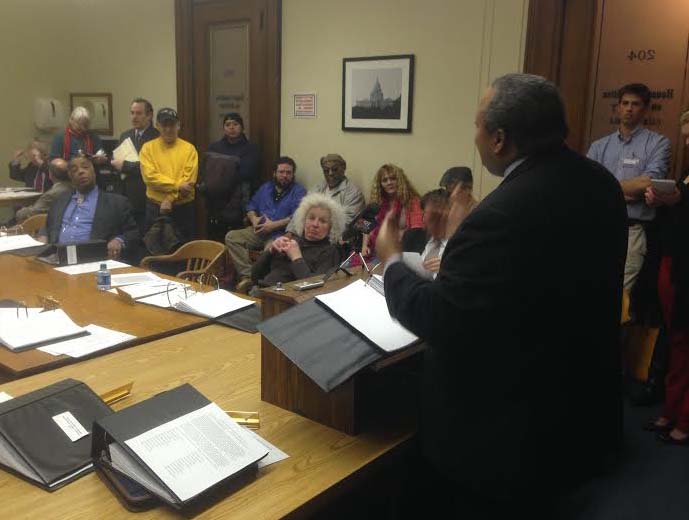
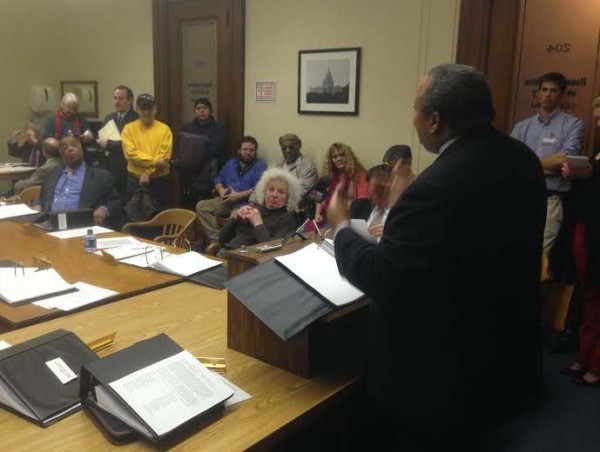 Even the House sponsor of
Even the House sponsor of 
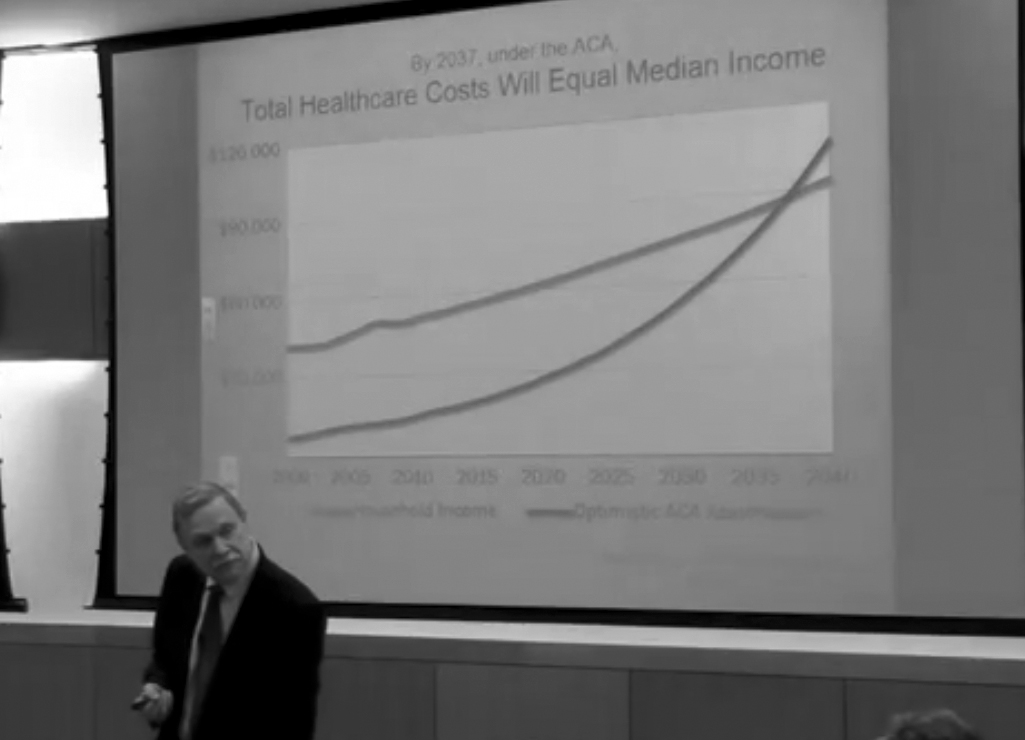
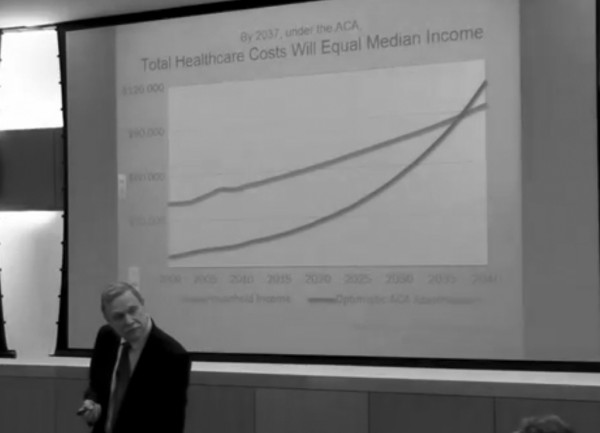
 Representative Aaron Regunberg, from the East Side’s District 4, is planning to introduce legislation for a statewide single payer healthcare plan this session. Model legislation from the PNHP is available
Representative Aaron Regunberg, from the East Side’s District 4, is planning to introduce legislation for a statewide single payer healthcare plan this session. Model legislation from the PNHP is available 





